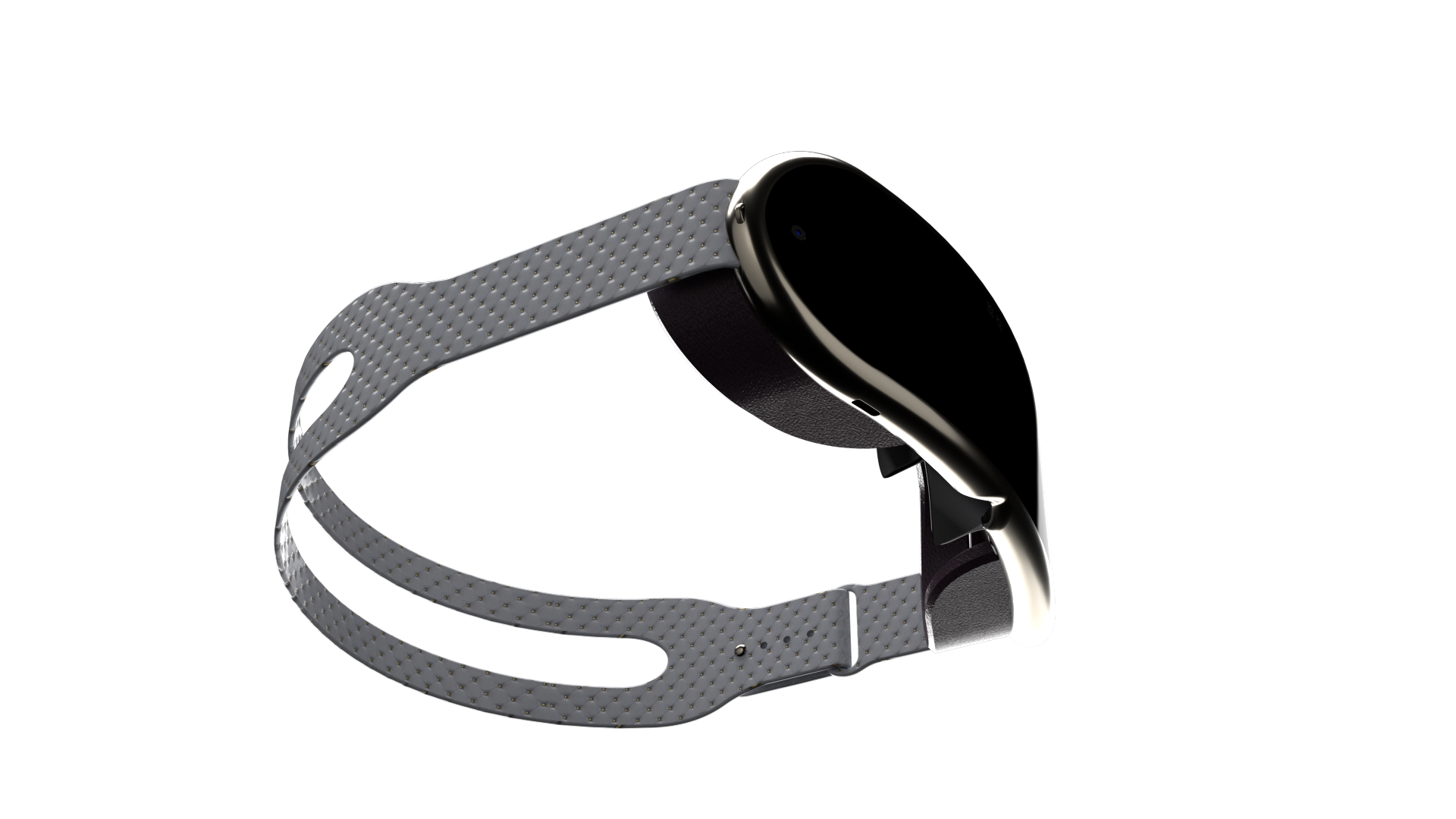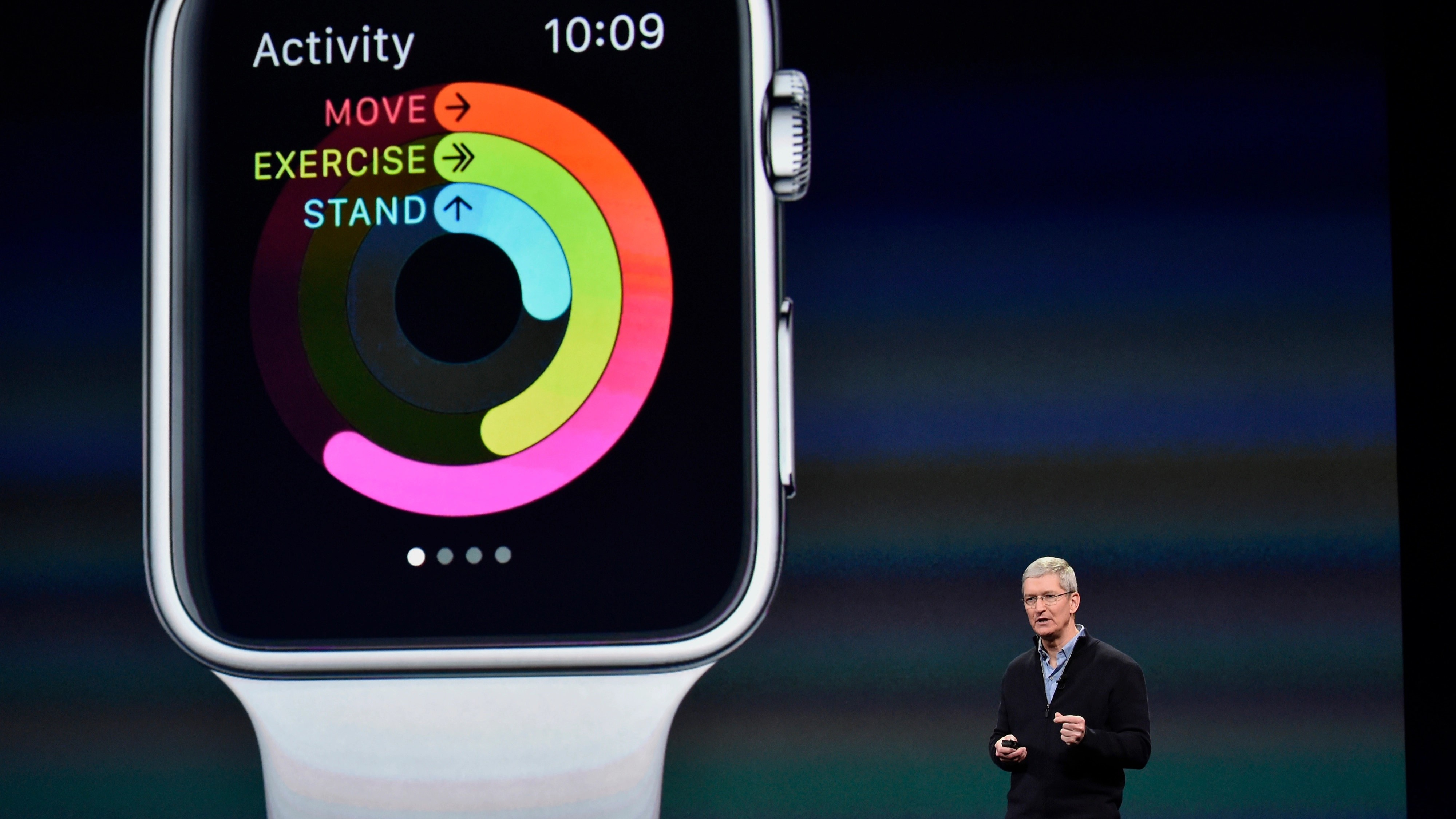Apple Reality Pro VR headset won't replace Meta Quest — it's coming to replace your whole computer instead
What's a computer, after all?

Apple is set to enter a whole new product category with its upcoming Reality Pro headset. The mixed-reality headset has been detailed across several leaks and rumors over the last few months. It’s the first time in a while that Apple is entering a new product segment, and that’s what makes it so interesting.
However, I think most of us have been looking at this launch the wrong way. The Apple Reality Pro VR headset isn’t trying to disrupt an existing industry, but it’s instead aiming to create a whole new niche for itself. The Apple Reality Pro VR headset won't replace Meta Quest — it's coming to replace your whole computer instead.
Apple's lofty VR plans: playing the long game

Apple isn’t a stranger to entering — and revolutionising — existing product markets. We’ve seen the company do this time and again, whether that's changing the face of MP3 players with the iPod or wiping the then-dominant BlackBerry off the face of the Earth with iPhone. Apple tends to wait until it is confident about delivering a product that it believes is the best in the world. That doesn’t mean that it always delivers a fully complete product from the get-go, but it has been good at adapting the product and playing the long game.
Case in point: the Apple Watch. The Apple Watch is the last major product category Apple entered. At launch, it was a very skeletal product, but Apple iterated it well enough to make it not only the best-selling smartwatch but the best-selling watch of all time. Today, the Apple Watch seems almost unbeatable, not just in terms of smartwatches but rising to become the most ubiquitous watch on wrists generally, which wouldn’t have been everybody’s prediction at its 2015 launch.
I think Apple plans to take a similar route with its Reality Pro VR headset. The VR space has existed for a while, but it feels undercooked still, with progress appearing haphazard. We cannot quite say “VR is the future” with as much confidence as we used to a few years ago. Meta and Oculus, while moderately successful in terms of hardware, seems to have succumbed to an untested belief that the world is ready for life within the so-called metaverse. With relatively weak competition, the VR segment is ripe for Apple to disrupt, and it doesn’t even need to get it right on day one.
Apple's AIO model
This brings me to my point: I don’t think Apple is looking to compete with any existing VR headsets on the market. Nothing so far suggests that Apple will want to compete against the Meta Quest line. For starters, the Apple Reality Pro VR headset is likely to cost between $2,000 to $3,000, which puts it way past the $1,500 launch price (now at $1,000) of the Meta Quest Pro. That’s the first major indicator that the headset will either be a premium option... or a whole different class of VR altogether.
I think the Reality Pro will follow what I call Apple’s AIO model. Apple has done it time and again. The iMac? An all-in-one device, with the chipset and monitor integrated into one unit. The iPhone? We all remember the iconic Steve Jobs keynote introducing the iPhone, calling it “an iPod, a phone, and an internet communicator” all in one. Apple loves reinventing things and making one device to do the work of several, and I think the Reality Pro is going to be exactly that.
iMore offers spot-on advice and guidance from our team of experts, with decades of Apple device experience to lean on. Learn more with iMore!
We know this will be a pricey model, and we know it will be powered by Apple's own silicon, likely an M2 family chip. The question is — why would it be an M-series chip and not an A-series mobile chip? Surely adding an M2 chip to just a headset seems like overkill? That is, of course, unless Apple has far greater ambitions for the headset beyond being only an entertainment device, but a productivity one, too.
What’s a computer? The Apple silicon conundrum

It’s likely because this won’t just be a headset. Apple is gunning for the Reality Pro to be the ultimate computer and not just an input/output device. The $3,000 price tag makes way more sense if you’re getting a computer you can wear on your forehead instead of just another headset. The M2 chip would make more sense as well if this device is going to do more than just act as a head-mounted display.
Apple has asked the ‘What’s a computer?” question before with the iPad, and I think it’ll ask it again with the Reality Pro. We’ve seen early attempts at AR glasses begin to take off (a space Apple is keen eventually to rule, too), and a big selling point is that you can use them as computer monitor replacements. Apple silicon has a solid mix of performance, power efficiency, and solid thermals — and could work excitingly well, with the right OS and software, within a device integrating all existing computing principles in one.
But are we there yet? Possibly not. The headset we’ll see at WWDC 2023 is likely to be a debutant with some shortfalls, and a far cry from Tim Cook’s original vision, as we’ve been hearing from some reports of late. Cook doesn’t like the idea of being ”tethered to a computer,” so it’s possible that the ultimate goal is to not have a tether at all. Apple silicon’s developmental journey will be an important factor in taking this early VR headset to a point where it’s a 'go anywhere' computer.
A Hideo Kojima headset?

Legendary game designer Hideo Kojima has been spotted at Apple Park, sparking rumors that he may be a part of the Reality Pro announcement. While this may or may not be true, it sparks a question — could the Reality Pro ultimately become a standalone gaming computer?
It will take some serious efforts from Apple to lure game developers to this new platform, but it’s necessary. VR has a deep connection with gaming, and Apple cannot ignore it. I doubt Apple will want the Reality Pro to be a pair of VR goggles you can hook up to your Windows gaming PC, so its other option is to have some solid first-party support. AAA gaming on Mac is something Apple has either struggled with or effectively ignored previously. Could Apple VR have the power to change that? If its Macs continue to fall short of the standard set by gaming PCs, could Reality Pro also be the missing jigsaw piece in Apple's gaming puzzle?
Of course, there’s a chance that it could crash and burn, and we never see any of these things materialize. Apple isn’t immune to failure. However, Apple’s expertise in disrupting market segments and making its own product niches is unparalleled. It’s uniquely equipped to make this pipe dream become a Reality™, and for the sake of VR and all of us that love it — I hope it does.

Palash has been a technology and entertainment journalist since 2013. Starting with Android news and features, he has also worked as the news head for Wiki of Thrones, and a freelance writer for Windows Central, Observer, MakeUseOf, MySmartPrice, ThinkComputers, and others. He also worked as a writer and journalist for Android Authority, covering computing, before returning to freelancing all over town.
